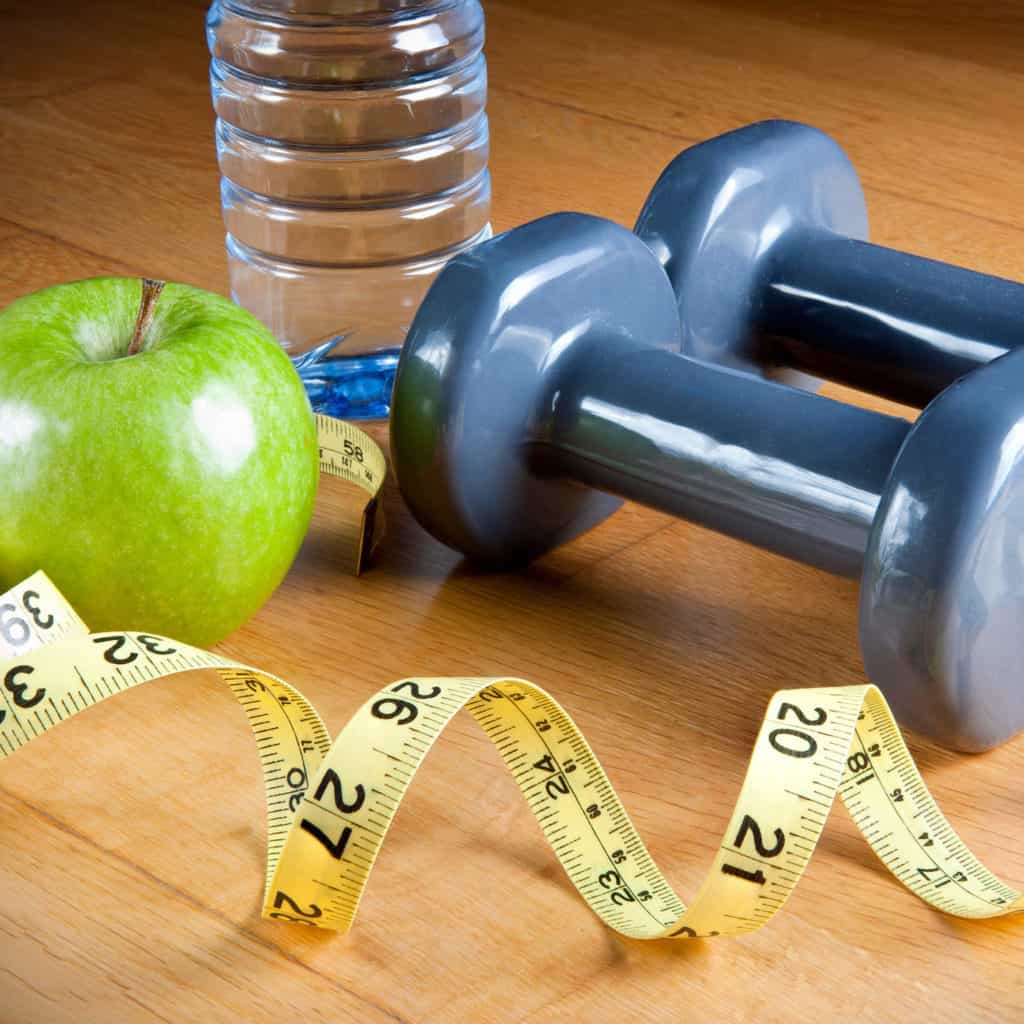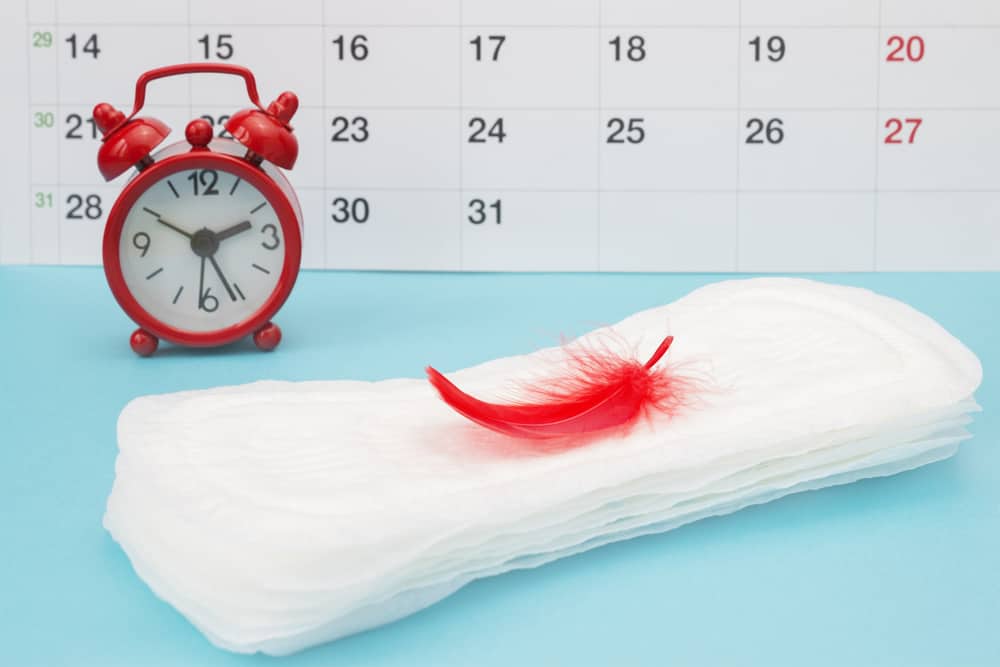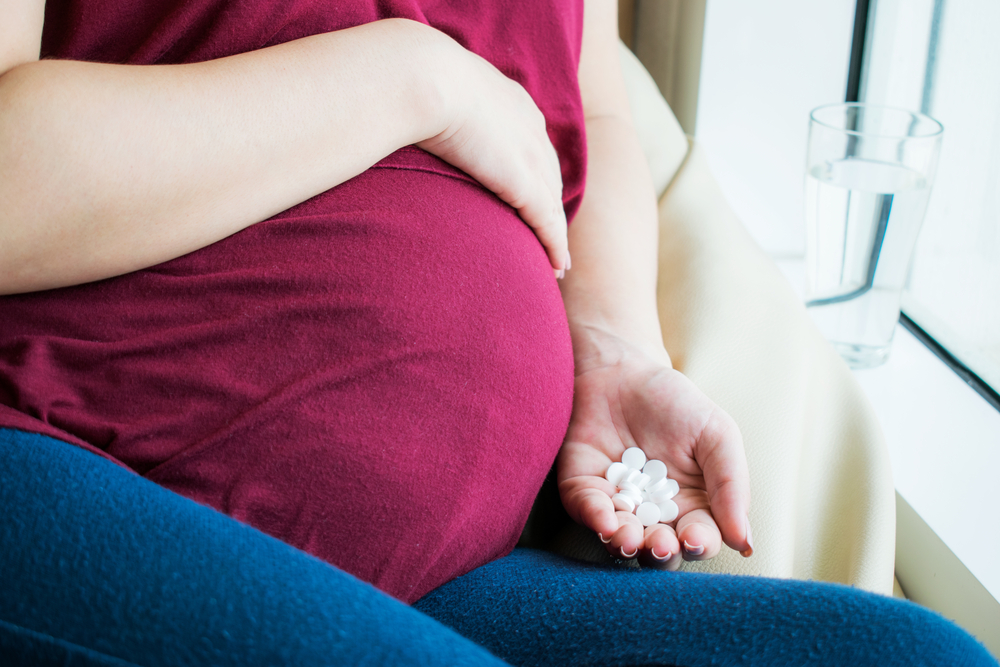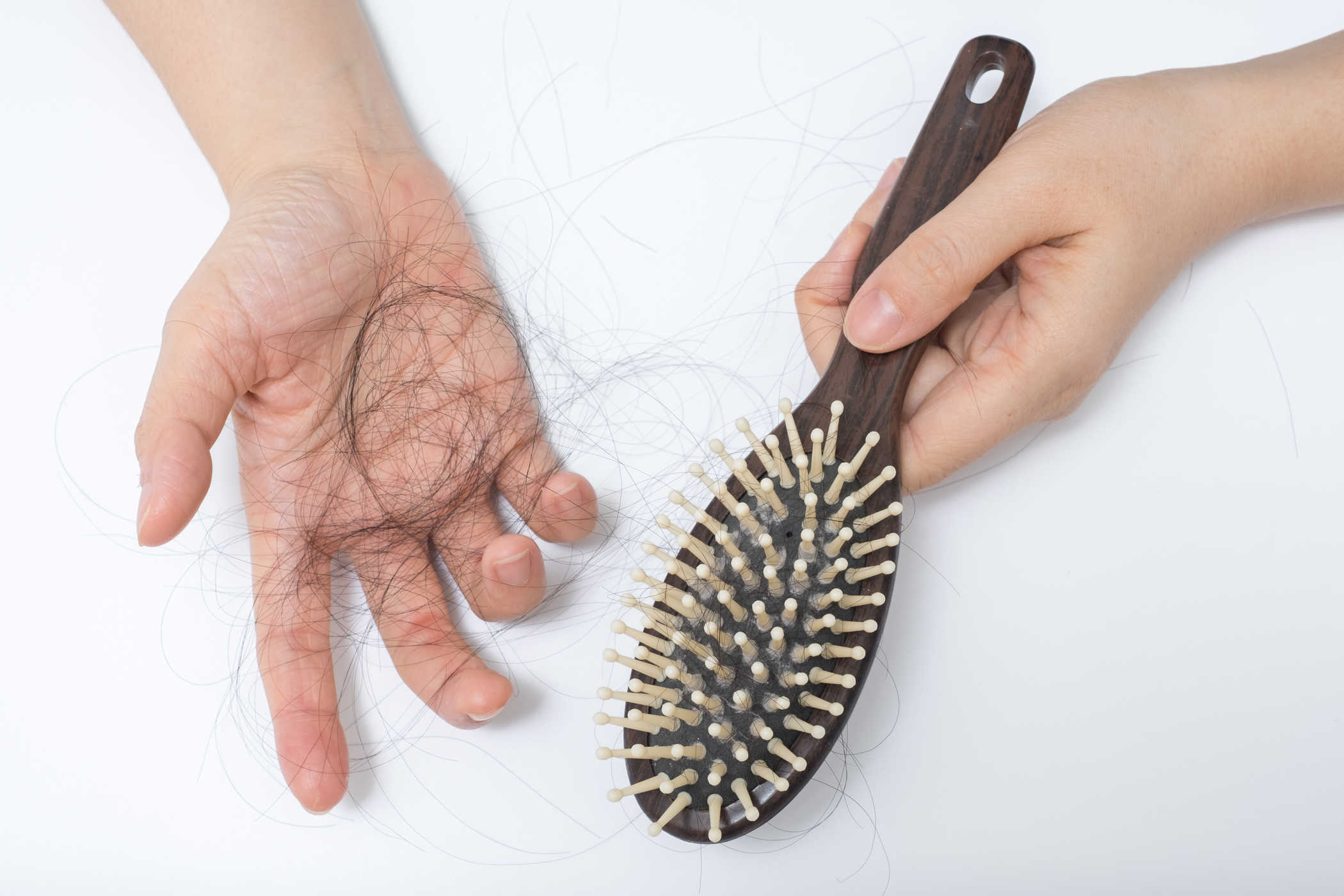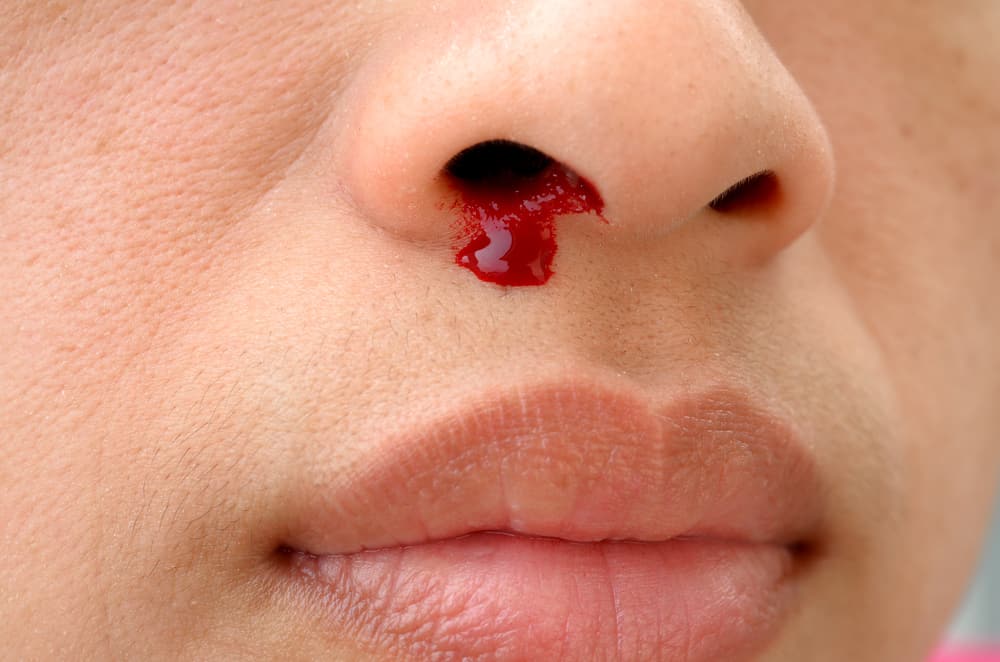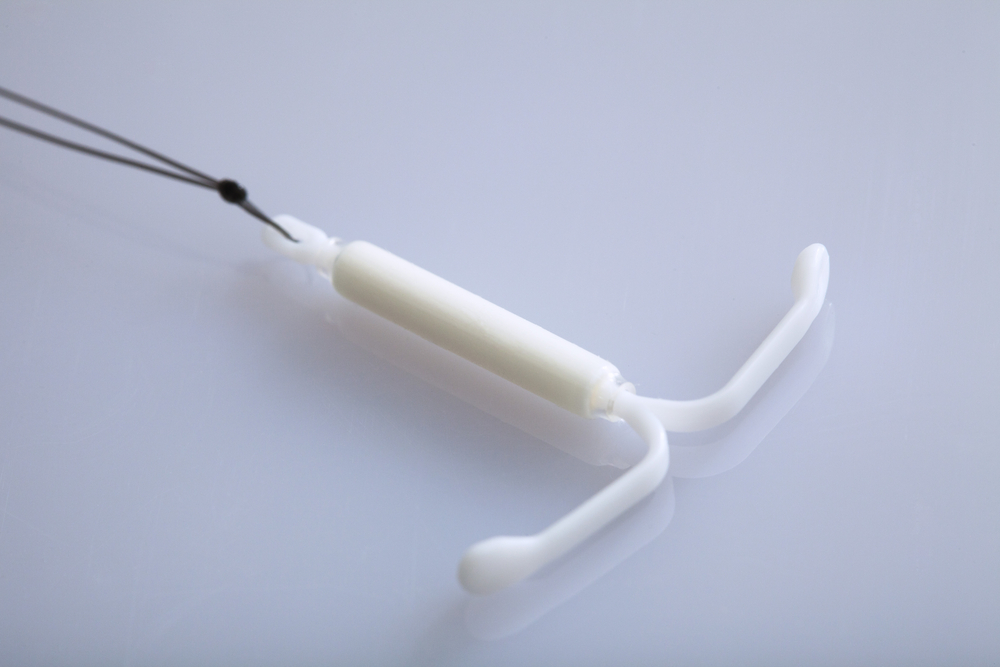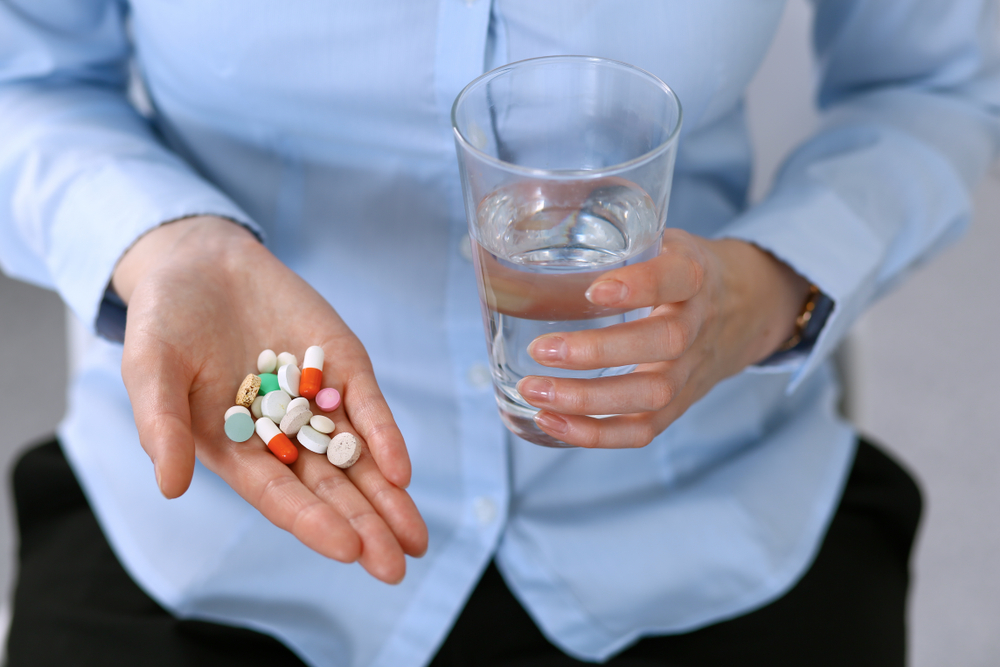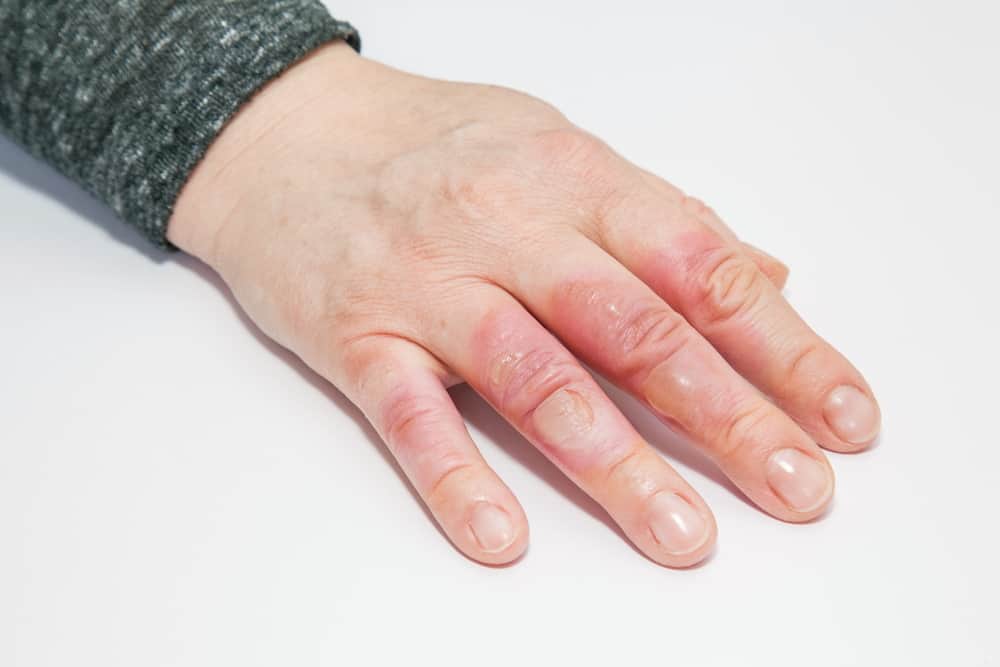Contents:
- Medical Video: Type 1 diabetes Exercise Basics with Mike Riddell, Ph.D., author of Getting Pumped!
- How physical activity helps people with diabetes
- Tips for physical activity
- Which must be considered
Medical Video: Type 1 diabetes Exercise Basics with Mike Riddell, Ph.D., author of Getting Pumped!
Like anyone, people with diabetes are certainly healthier when they do a lot of physical activity. They also have the same opportunity to succeed in the field of sports. Do you want to reach a gold medal or just hiking at home? Diabetes will not deter you.
How physical activity helps people with diabetes
Physical activity is an important part in overcoming diabetes and maintaining health. Here are some of the benefits of physical activity:
- Helps your body use insulin, a hormone that helps your body get energy from the food you eat.
- Burn calories and build muscle, which can help you achieve and maintain your ideal body weight.
- Strengthens bones and muscles.
- Reducing the risk of heart disease and certain types of cancer.
- Improve coordination, balance, strength and endurance.
- Increase your energy level.
- Make you feel good about yourself and your own abilities.
- Relieve stress and improve mood.
All good physical activities to do, starting from taking a dog for a walk, cycling, participating in team sports, but make sure you are active every day. Changing your physical activity habits may be difficult at first, but when you feel how physical activity has helped your body, continuing it will become easier.
Tips for physical activity
Your doctor will help you prepare for physical activity or participate in a sport. The following tips can help:
- Check yourself. The doctor will tell you when to check your blood sugar. You may have to do it before, during, and after physical activity.
- Use insulin if you need it. The doctor may also replace insulin doses for physical activity and exercise. If you inject insulin, try not to inject into the parts of the body that you use to exercise (for example, don't inject it in the foot before playing soccer). If you use an insulin pump, make sure it doesn't interfere with your activities later. When disturbing, talk to the doctor about the solution.
- Eat properly. Your doctor will also help you know what to eat to continue the activity. You may need extra snacks before, during, or after physical activity. In addition, you can follow your normal diet.
- Bring snacks and water. Whether you play soccer at school or swim at home, you must have snacks and water near you.
- Pack and bring it. If you are going to exercise far from home, pack test kits, medicines, your medical bracelet, emergency contact information, and a copy of your diabetes management plan.
- Tell your coach. If you play organized sports, make sure you tell the coach about your diabetes. Tell them what you have to do to control diabetes before, during, or after the game.
- Take control. You control your own health. Please stop exercising or get physical activities when you feel you need to drink, eat light foods because of low blood pressure, go to the bathroom, or check your blood sugar level. Also stop if you feel something is wrong.
Which must be considered
When a child with diabetes has physical activity, a number of things can happen to the body. They can experience low blood sugar, or hypoglycemia, and also they can experience high blood sugar or hyperglycemia.
You may have low blood sugar if you:
- Sweating
- Fireflies
- Trembling
- Weak
- Anxious
- Hungry
- Headache
- Difficult to concentrate
- Confusion
You may have high blood sugar if you:
- Feel very thirsty
- Frequent urination
- Feeling very tired
- Has blurred vision
If you start a new routine of physical activity, such as practicing for certain sports, your doctor may change the dose of insulin to prevent problems like this. Note if there are cuts or abrasions and tell the doctor immediately if the wound is very red, swollen, or festering - the wound may be infected, this can make diabetes more difficult to overcome.
Children with type 1 diabetes cannot exercise physically if they have ketone in the blood. When this happens, physical activity can make things worse and then fall seriously ill. Your doctor will tell you how to find out if there is ketone in your blood, treat this problem, and return to your activities.
The doctor will also write down what you have to do if a problem occurs. For example, you might need to rest or eat snacks. If you experience these signs, stop the activity and follow the doctor's instructions.
If the doctor has agreed and you know how to deal with diabetes, you are ready to do a lot of healthy physical activity.

